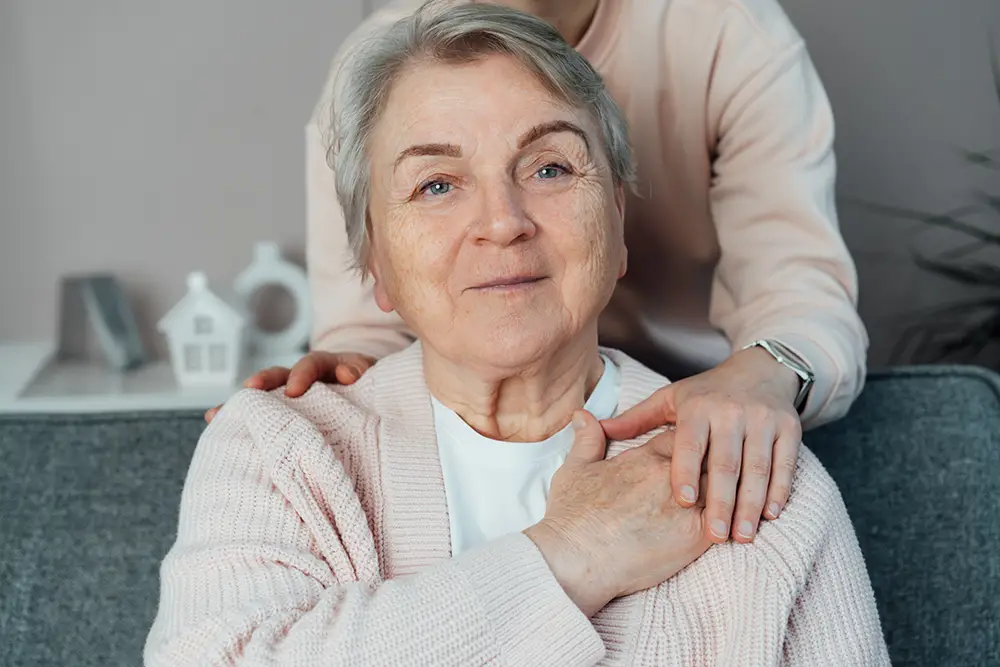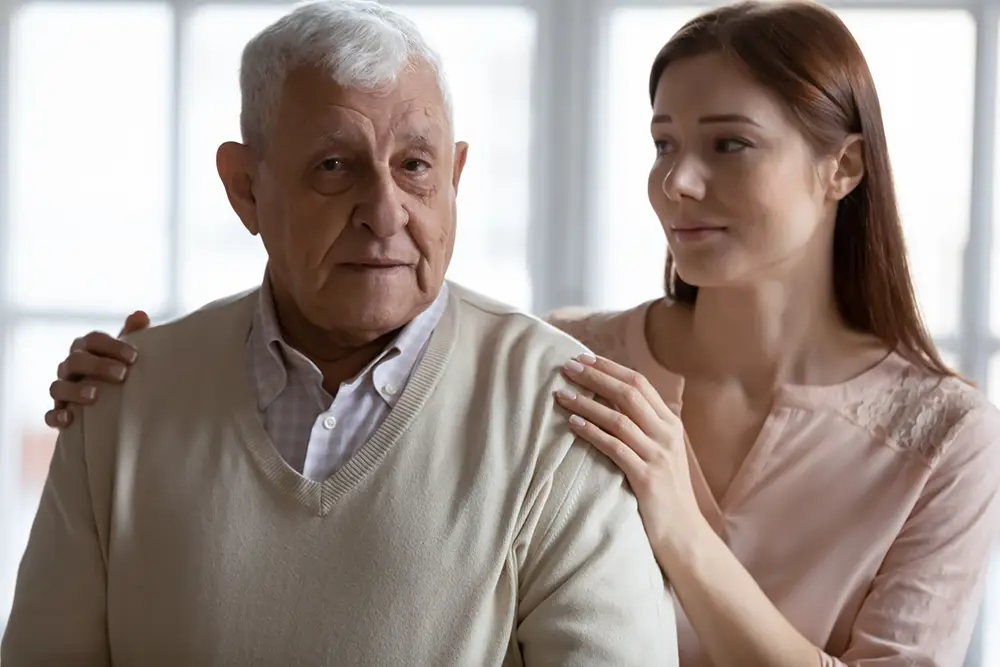What Happens When Parkinson’s Leads to Dementia?
Discover how Parkinson’s Disease Dementia affects daily life

Parkinson’s Disease Dementia (PDD) refers to cognitive decline that develops in individuals with a long-standing Parkinson’s diagnosis. Not everyone with Parkinson’s will experience dementia. It typically emerges in the later stages of the disease affecting memory, attention, problem-solving, and behavior.
What to know about Parkinson’s dementia:
Signs of Parkinson’s Disease Dementia
Symptoms may appear slowly and build over time
The early signs of Parkinson’s dementia can be subtle, often mistaken for normal aging or medication side effects. Over time, these changes can become more disruptive, especially when paired with ongoing motor challenges.




When the Diagnosis Changes, So Does the Care
Personalized Memory Care designed to assist with Parkinson’s Disease Dementia
Caring for someone with Parkinson’s is already complex. When dementia enters the picture, the emotional and physical demands grow. At Arden Courts, we understand the layered needs of Parkinson’s Disease Dementia. We’re here to help families navigate what comes next.
